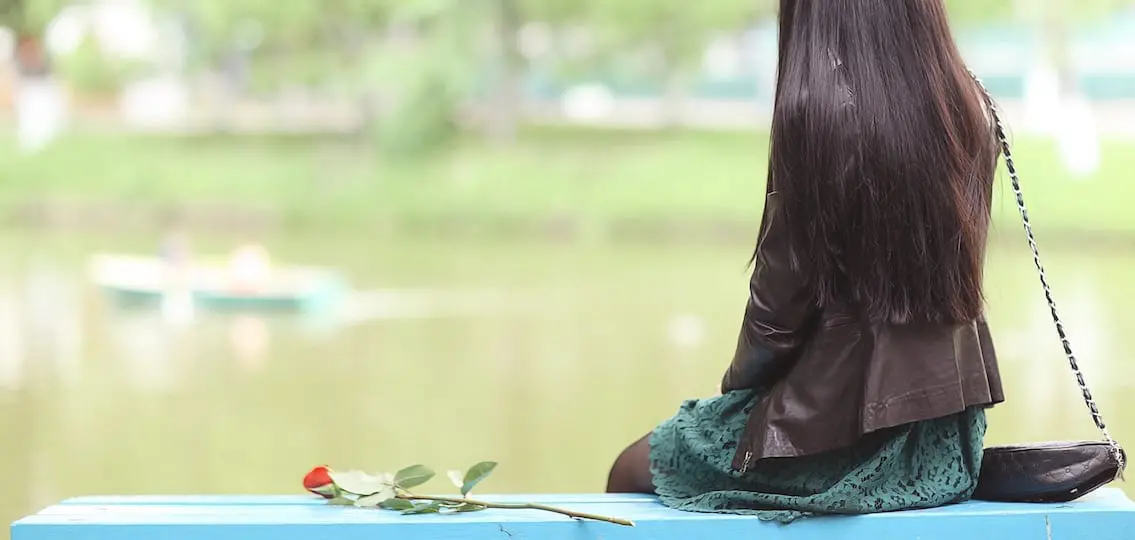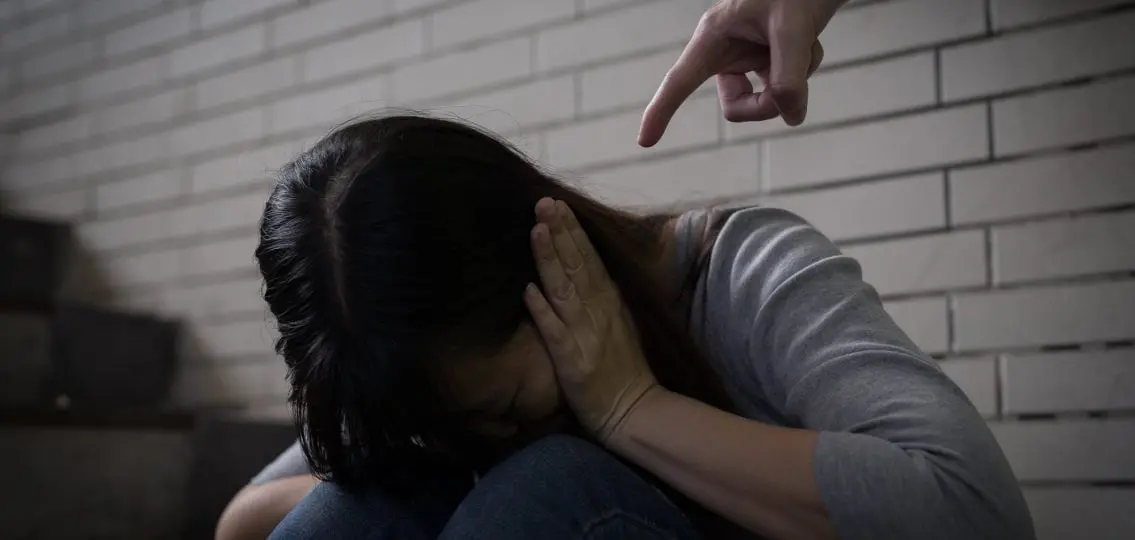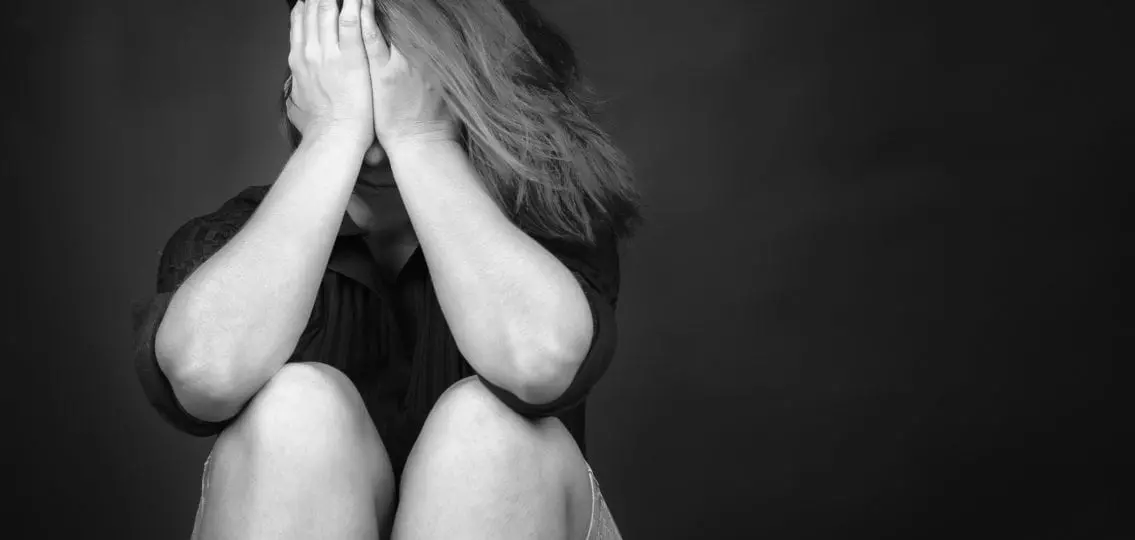I was 22. I had just graduated from Harvard College with a degree in English. That summer, I moved to New York City for my dream job at Seventeen Magazine.
I had no idea that my life would be derailed by a carefully laid physical, financial, and psychological trap disguised as love.
Crazy love.

My Domestic Abuse Story
My new boyfriend, also an Ivy League graduate and Wall Street investment banker, worshipped me. I felt like I was in love for the first time. No one had made me feel so deeply understood and championed as a woman, a writer, and a potential mother. This is what Shakespeare and Judy Blume had been talking about—you simply know when you meet your soul mate. I agreed, with starry eyes, when Conor asked me to marry him and trade New York City for a more peaceful life together in a small New England village.
Despite my education and the fact that my job required me to be an expert on teenage girls, I didn’t know that American women, ages 16-24, are three times as likely to be victims of relationship violence as women of other ages. Or, that every year, 500 women and girls of this age are killed by boyfriends and husbands. I didn’t know that relationship violence victims and their partners are highly skilled at camouflaging the abuse from family, friends and co-workers—the people who can help them the most.
Conor didn’t hit me on our first date.
In fact, we were in an intimate, trusting relationship for nearly two years before he first struck me.
Sure, there were red flags: his troubled relationship with his mother, the physical abuse he’d suffered as a child from his stepfather and the deep paranoia that no one loved him enough to stand by him through thick and thin.
Yet, our love could overcome these, I was sure.
Staying In A Physically Abusive Relationship
Five days before our wedding, he suddenly grabbed my throat after I became frustrated by a malfunctioning computer. Over the next few days, I agonized about whether I should still marry Conor. The bruises on my neck had barely faded when I put on my mother’s wedding dress. I told myself over and over that the love of my life would never hit me again, that he was nervous about the wedding, that he was very, very sorry.
I was wrong.
He beat me twice more on our honeymoon. Back at home, my new husband poured coffee grounds on my head. He pushed me down the stairs and held a loaded gun to my head. Still, I insisted to myself: I was a strong woman in love with a troubled man. It couldn’t possibly be that I – with my loving family, Harvard degree, and promising career – was a battered wife.
Although I didn’t know this then, my Romeo-and-Juliet tale encompassed all the typical, predictable stages of abuse. First, the romantic seduction phase. Then, isolation from family and friends. Finally, the first violent attack, right around the time of a commitment—marriage, moving in together or getting pregnant— when it’s far harder for the victim to leave. What followed was the steady, even boring, drip-drip-drip of fear, emotional destruction, and physical assaults.
Leaving An Abusive Relationship
It took four years of abuse, two kind and gentle friends who intervened, and help from dozens of neighbors, friends, colleagues, a wise therapist, a helpful locksmith, three police officers, and one very astute lawyer before I was able to leave my abusive husband for good. I started my life over at 27.
I was physically and emotionally battered and far poorer financially, but I was richer in wisdom about the difference between true love and crazy love.
Today, awareness of domestic violence is greater than when I was a 22–year-old victim. Many women and girls in the key risk group, 16 to 24, know that relationship violence is wrong. And, after years of federal funding from the 1994 Violence Against Women Act and the establishment of the National Domestic Violence Hotline (www.ndvh.org), multiple resources are available to victims and their families.
However, few parents know how to protect their sons and daughters from an abusive relationship. My parents certainly didn’t; although I hid the abuse from them while it was ongoing, they suffered a terrible feeling of helplessness. They knew something was crooked in my life, but they had no toolkit for how to intervene.
I have simple advice for all parents: talk to your kids about relationship abuse.
The One Love Foundation (www.joinonelove.org) has a short, haunting, 60-second video about relationship abuse and a 20-question Danger Assessment survey available via smartphone apps. The next time you and your kids hear a Chris Brown or Rihanna song on the radio, tell them why you think relationship violence is destructive.

Tell your sons and daughters that you will always be there to help them. That is how I recovered from domestic violence. I left through family and friends, and even a few wonderful strangers, who believed I was strong enough to leave, and never condemned me for my mistakes. Instead, they helped me find a future free from abuse.




